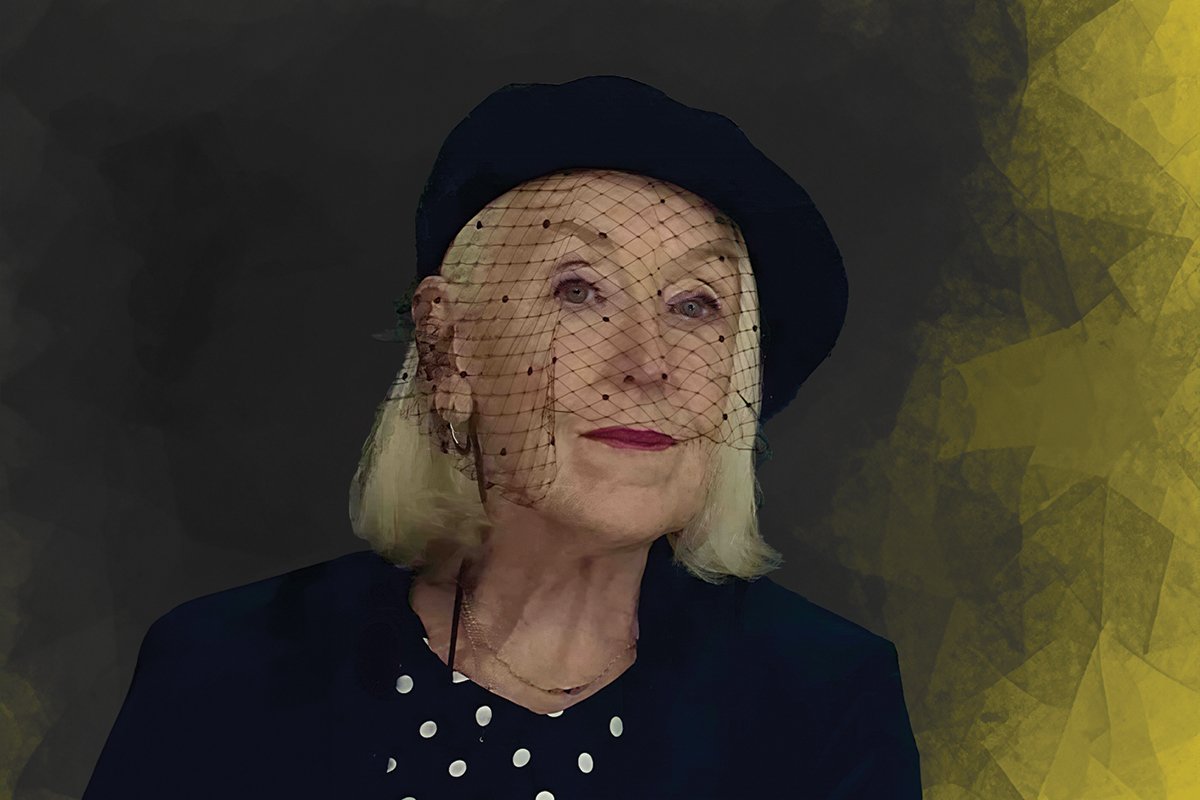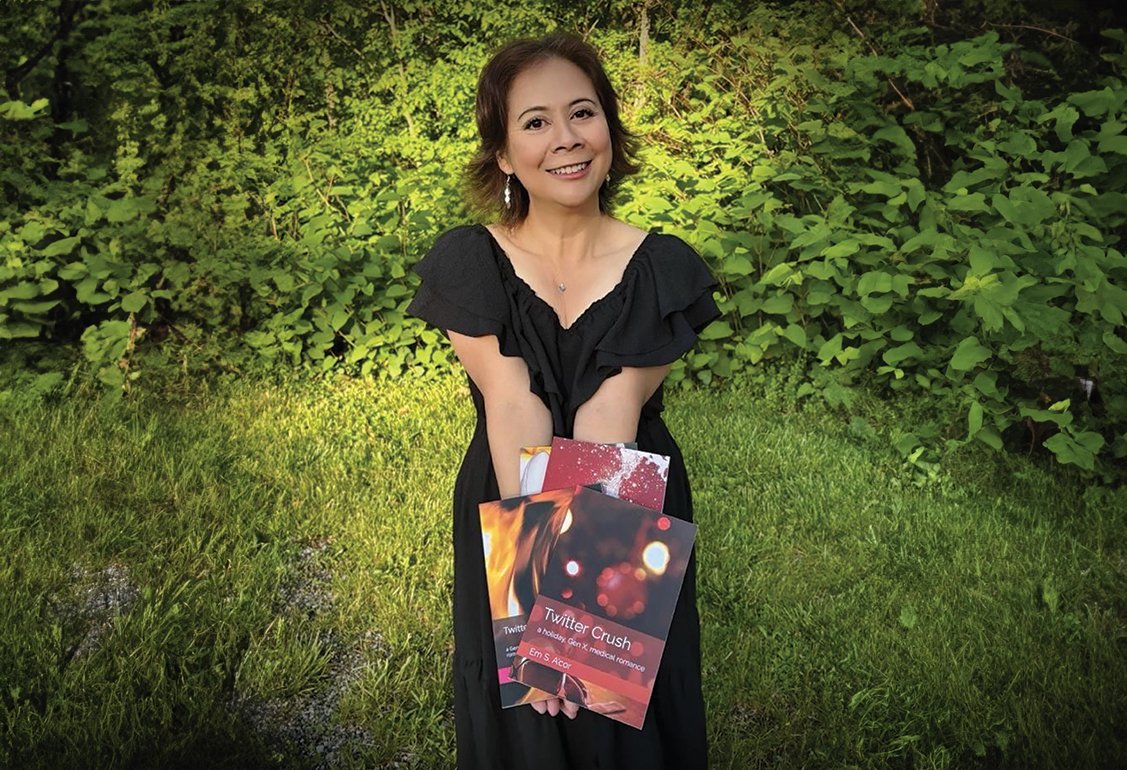Alan R. Warren explores the complexities of human behavior behind true crime

Alan R. Warren discusses his motivations for writing true crime, the importance of victim narratives, and his transition to fiction.
In an interview with Reader’s House magazine, Alan R. Warren, a prolific author with over 30 nonfiction books to his name, shared insights into his writing journey and the motivations behind his exploration of dark and complex subjects. Warren’s work spans a range of topics, including true crime, cults, and human trafficking, and he emphasizes that his interest lies not in the darkness itself but in uncovering the truths behind human behavior and the mysteries surrounding crimes.
Warren’s approach to research is meticulous. He begins with fundamental questions, particularly focusing on the motivations behind criminal actions. Rather than dwelling on graphic details, he aims to understand the psyche of those involved, including the perpetrators who often believe they are justified in their actions. This perspective allows him to delve deeper into the character of events and crimes, providing readers with a nuanced understanding of the complexities involved.
His book, Murder Times Six, which examines the haunting Wells Gray Park Murders in British Columbia, exemplifies his commitment to honoring victims while exploring grim realities. Warren highlights the importance of involving the victims’ families in the narrative, ensuring their stories are told authentically. He actively seeks their input and even includes contributions from family members and law enforcement in the book. This collaborative approach not only respects the victims but also serves a greater purpose: it has helped keep the murderer incarcerated, gathering over 40,000 signatures against his parole.

When discussing his work on The Killing Game, which recounts the chilling crimes of Rodney Alcala, the so-called Dating Game Killer, Warren reflects on the challenge of presenting disturbing content while maintaining reader engagement. He notes that his primary focus is on accuracy rather than entertainment. The role of the editor becomes crucial in shaping the narrative to ensure it resonates with readers. Over time, Warren has gained confidence in his writing, allowing his voice to shine through more prominently in his later works.
The public’s fascination with true crime is a recurring theme in Warren’s discussions. He believes that true crime offers a realism that fictional portrayals often lack. While Hollywood tends to glamorize criminals, true crime reveals the stark reality of their lives, making them relatable to readers. This authenticity is a significant draw for audiences, as it provides a glimpse into the complexities of human nature.
Warren is also transitioning into fiction, a shift that allows him greater creative control over his narratives. He expresses excitement about crafting characters and determining their fates, a freedom that nonfiction does not afford. His extensive research experience in true crime informs his fictional writing, ensuring that the stories he creates are grounded in reality. He emphasizes the importance of historical accuracy, particularly when depicting life in different eras, which adds depth and believability to his characters.
As a radio host on shows like House of Mystery and Inside Writing, Warren has had the opportunity to interview numerous experts and authors in the true crime genre. These conversations have enriched his understanding of the field and provided valuable insights into the writing process. He categorizes his interviews into three types: those with survivors or individuals involved in the crimes, law enforcement professionals, and fellow writers or documentary filmmakers. Each type offers unique perspectives that enhance his storytelling and research capabilities.
Warren’s latest project, the Killer Queens series, focuses on crimes affecting the LGBTQ+ community, exploring infamous cases like Leopold & Loeb and Bruce McArthur. This series aims to shed light on the societal attitudes that influence the treatment of marginalized communities. By comparing historical cases from different cultural contexts, Warren highlights how public perception can shape the outcomes of similar crimes. His work seeks to contribute to the ongoing conversation about violence against marginalized groups, emphasizing the need for understanding and acceptance.
Through his extensive body of work, Alan R. Warren continues to engage with complex themes, offering readers a deeper understanding of the human experience behind crime. His commitment to authenticity, respect for victims, and exploration of societal issues make his writing not only compelling but also socially relevant.













